Continuing the 10th Session, this morning, October 22, the National Assembly discussed in groups the draft Law on Civil Aviation of Vietnam (amended) and the draft Law on Public Employees (amended). National Assembly Chairman Tran Thanh Man participated in the discussion in Group 11, including the National Assembly Delegation of Can Tho City and the National Assembly Delegation of Dien Bien Province.
Private investment and public-private partnership models should be encouraged.
The Law on Civil Aviation of Vietnam was promulgated in 2006 and amended in 2014. Agreeing on the comprehensive amendment and appreciating the preparation of the draft Law dossier by the Ministry of Construction and the Committee on Law and Justice, National Assembly Chairman Tran Thanh Man said that the draft Law has been significantly reduced compared to the current Law but is still long with 11 chapters and 109 articles.
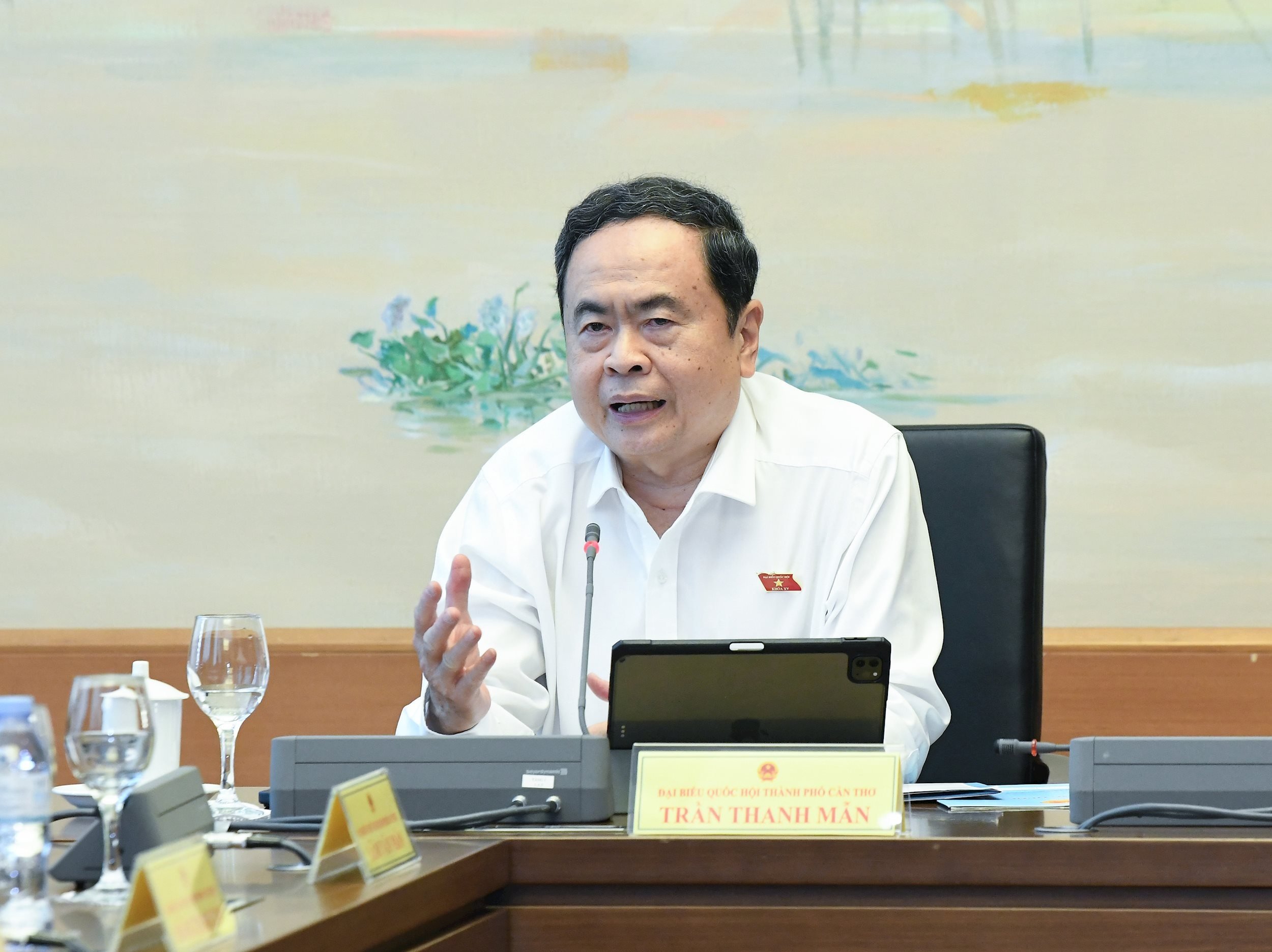
According to the National Assembly Chairman, civil aviation is a complex and difficult field so it cannot be fully regulated in the Law but there are contents that must be regulated in guiding documents.
Therefore, the National Assembly Chairman requested that agencies strictly implement the requirement to innovate thinking in law-making, continue to review and clearly identify which issues are under the authority of the National Assembly to include in the Law, and leave the rest to the Government to issue guiding decrees and the Ministry of Construction to issue management circulars.
Regarding strengthening the mechanism to attract investment and socialize aviation infrastructure, the National Assembly Chairman assessed that this is an extremely important issue to have more investment resources to upgrade, expand, and upgrade aviation infrastructure; at the same time, he suggested that the draft Law should add breakthrough regulations to encourage private investment and public-private partnership models, especially for local and specialized airports.
According to the National Assembly Chairman, currently, the State still invests mainly in essential infrastructure, leading to a huge budget burden. The country has 22 airports, including 10 international airports and 12 domestic airports, but investment is still very slow, with only about 113,558 billion VND in the 2010-2020 period.
Therefore, it is necessary to have regulations, tax incentives, land and quick approval procedures for foreign and domestic investors; at the same time, ensuring equality between airlines in access to flights and flight services. The Government can stipulate criteria for selecting investors, but it is necessary to add provisions such as supervision to avoid monopoly.
The draft Law on Inheritance stipulates that airport operators have the right to invest, but according to the National Assembly Chairman, it needs to be expanded to mobilize social resources, in accordance with Resolution No. 29. "Otherwise, it will be difficult for the aviation industry to achieve the goal of having 33 airports by 2050."
The National Assembly Chairman also suggested that it is necessary to discuss more thoroughly: aviation financial investment, regulations on aviation development funds from service fees, and priority for dual-use airports for civil and defense purposes without transferring land ownership as in the case of Chu Lai airport or Tho Xuan airport...
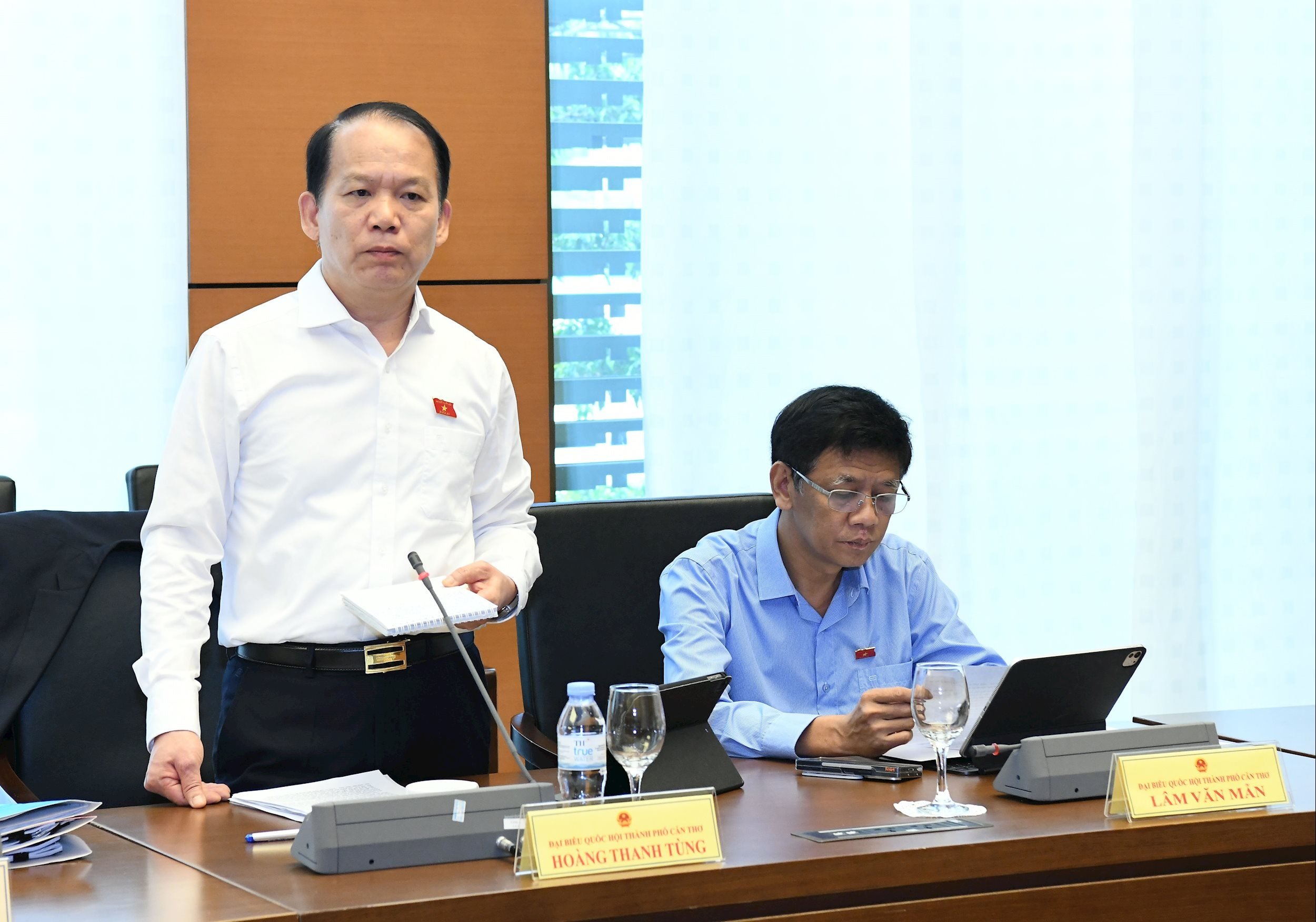
Chairman of the Law and Justice Committee Hoang Thanh Tung agreed that the mechanism to attract investment and socialize aviation infrastructure is a very big problem today.
According to him, all our airports are dual-use, in other countries it is the same, when necessary they are converted to serve national defense and security requirements. Because of dual use and national defense and security purposes, the land of the airport is national defense and security land, which is strictly managed according to the Land Law. It is very difficult for outside investors, that is, not enterprises under the Ministry of National Defense or the Ministry of Public Security, to invest here. If they want to invest, they must convert to another purpose to invest, but they cannot convert.
"Therefore, this draft Law provides a mechanism that we also strongly support, which is a breakthrough in mobilizing social resources to invest in airports and airport facilities.
That means allowing businesses that are not part of the defense and security sector to invest. And when investing in ports, including investing in building new ports or investing in works at existing ports, it can still be defense and security land but investment is allowed. There is no need to change the purpose of using defense and security land, but outside businesses can still invest," the Chairman of the Law and Justice Committee stated.
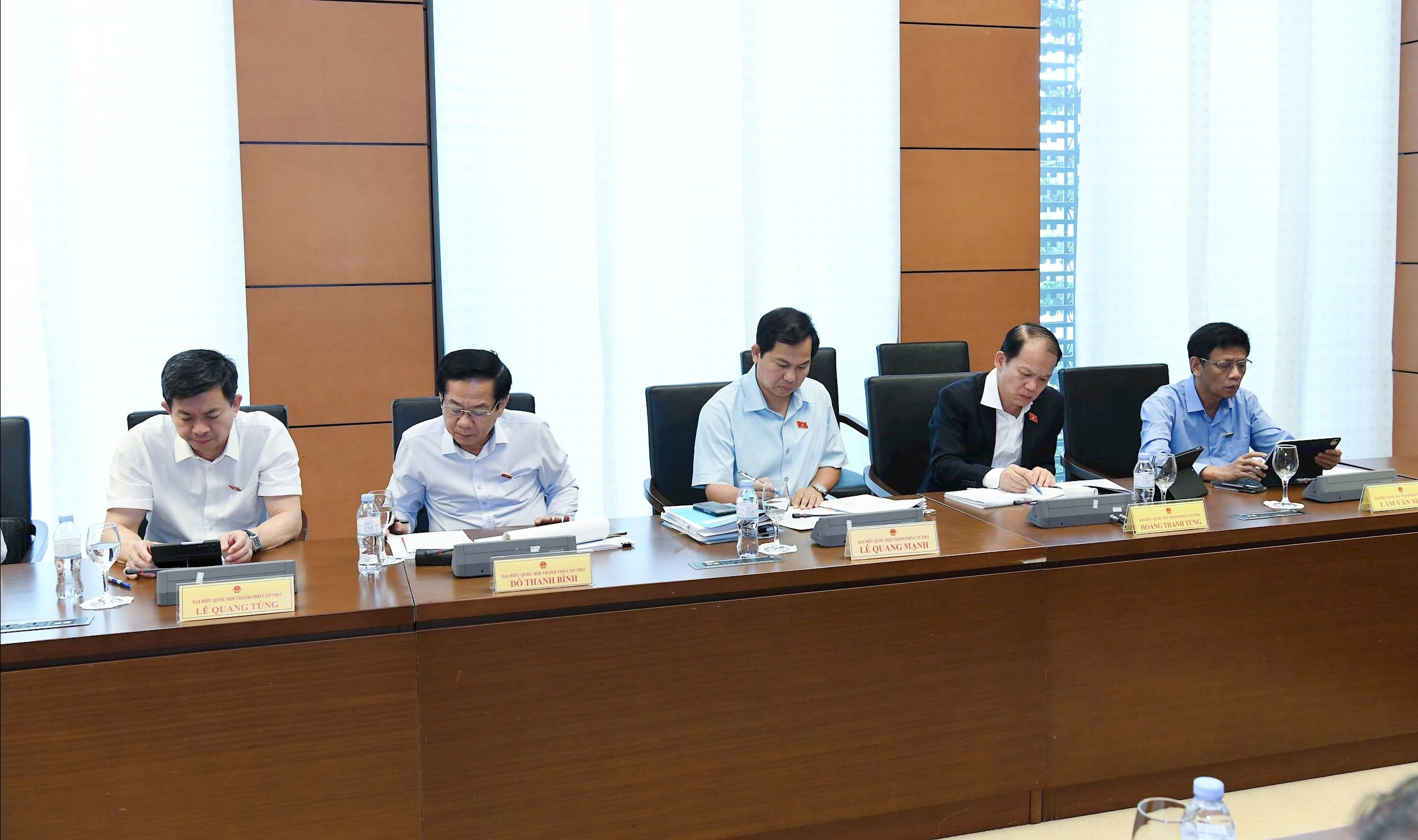
He also said that the draft Law proposed and the review report fully supported the need to amend Clause 1, Article 201 of the current Land Law to ensure consistency.
Regarding the amendment plan, according to him, the National Assembly will consider and possibly amend it with an article in the Law on Civil Aviation of Vietnam, which can be attached to the upcoming Resolution of the National Assembly on removing some difficulties and problems in organizing the implementation of the Land Law.
More thorough decentralization and delegation of power
National Assembly Chairman Tran Thanh Man also suggested continuing to thoroughly review the provisions on decentralization, delegation of power and simplification of administrative procedures in the draft Law. Currently, investors want decentralization, delegation of power and administrative procedures to be streamlined.
The draft Law has decentralized from the Prime Minister to the Minister and localities, but according to the National Assembly Chairman, it is necessary to be more thorough by assigning the right to approve detailed airport planning to the provincial People's Committee, reducing the processing time for the level. Flight permits from 10 days to 5 days or less; completely abolish mandatory registration of aircraft ownership for Vietnamese organizations, switching to voluntary to reduce administrative burden...
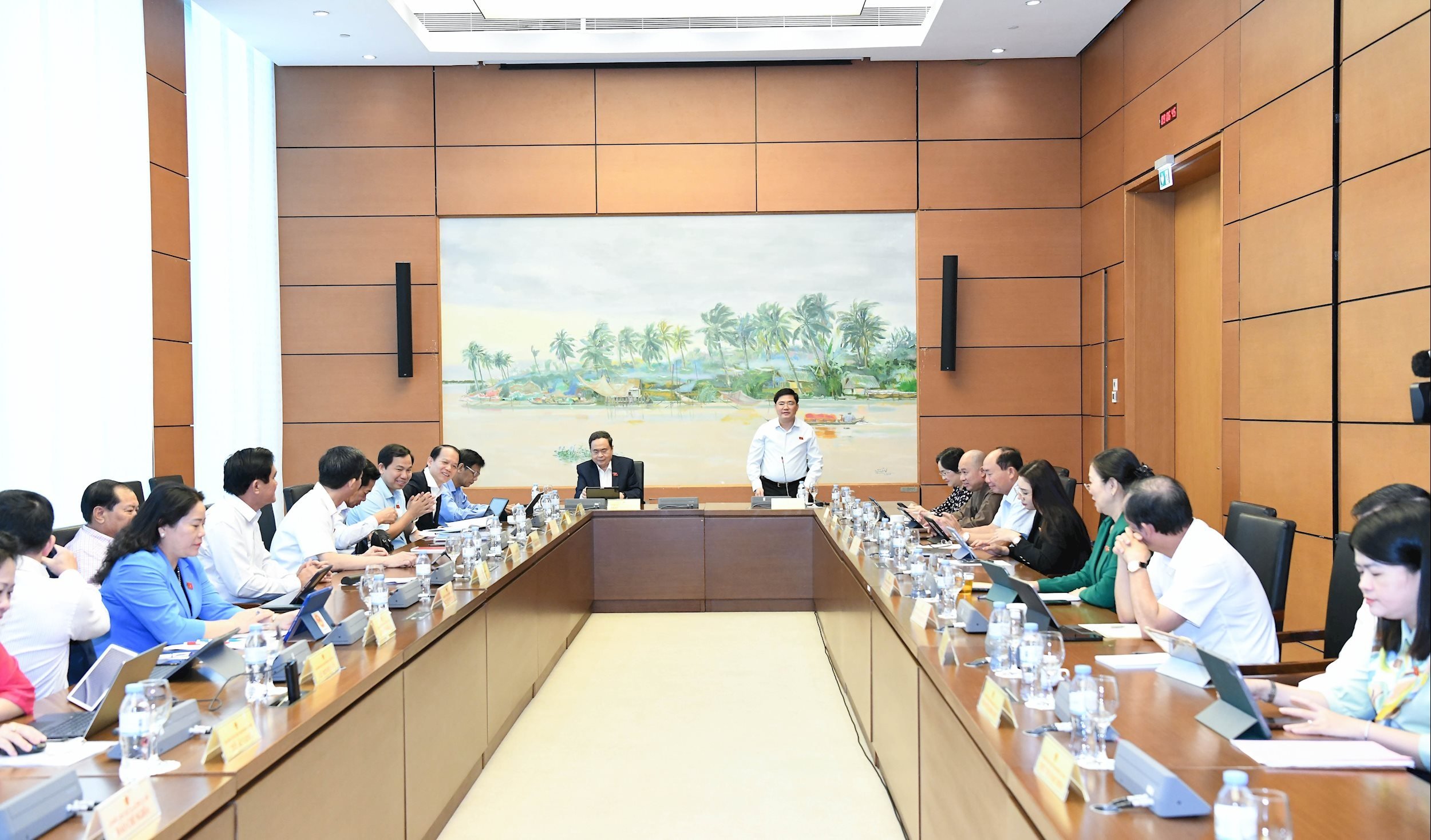
The draft Law also needs to have transitional provisions to avoid congestion of ongoing projects; integrate data systems to process online procedures, and reduce physical paperwork by 100% by 2030.
In particular, the National Assembly Chairman suggested paying close attention to regulations on improving safety, security and airspace management. "This issue is extremely important, giving absolute priority to safety by adding mandatory regulations on safety management systems for all enterprises designing and manufacturing aircraft and integrating AI in flight monitoring."
The National Assembly Chairman said that transferring the aviation security function to the Ministry of Public Security from March 1, 2025 is very reasonable, but it is necessary to clearly define responsibilities with the Ministry of Construction to avoid overlap.
Laws must be modern, safe, green and more economical
Regarding safety, the National Assembly Chairman suggested that the draft Law should add provisions on this issue, but must be more detailed than the current sharing of common management data for airspace management.
Currently, unmanned aerial vehicles (UAVs) are very developed, both state-managed and private. If we expand regulations on unmanned aerial vehicles, how will we manage them? And what kind of pilot framework is needed for strict management of light aircraft currently excluded under the People's Air Defense Law to avoid affecting civil safety?
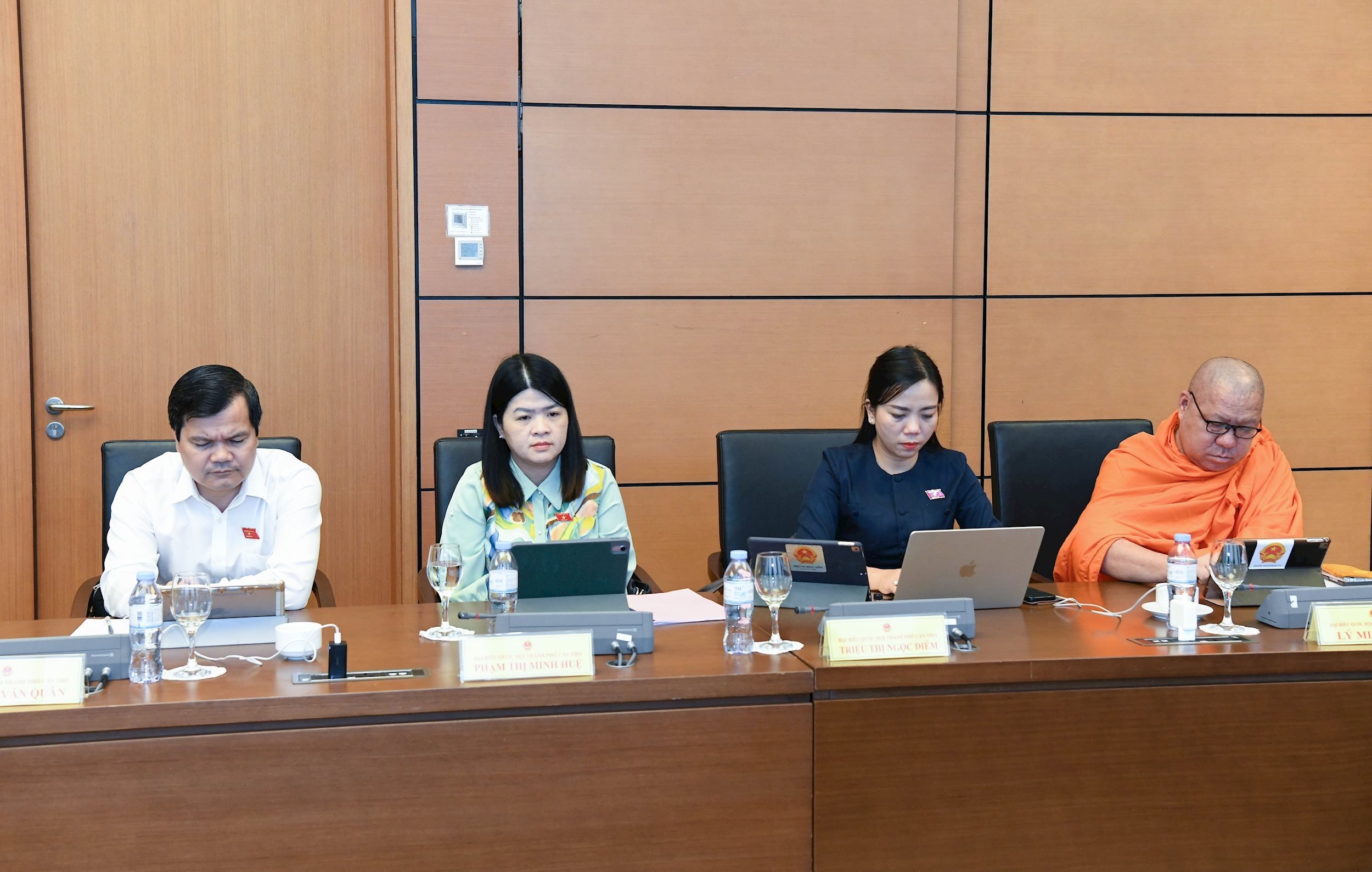
Regarding environmental protection and sustainable development, according to the National Assembly Chairman, we have policies to research green technology such as tax reduction for airlines using aircraft, electricity and multimodal integration, connecting airports with railways, highways...
In addition, it is necessary to add provisions on passenger data protection and security, and encourage fair competition by prohibiting the transfer of transportation rights. Strengthen regulations on international cooperation but must comply with international treaties in the aviation sector. Promoting digital transformation and preventing cyber attacks in the civil aviation sector are also issues that must be considered; building a separate program on aviation security, requiring connection with the Ministry of Public Security's VNeID and the national database.
"This law is very necessary. It is necessary to continue reviewing the contents submitted to the National Assembly to ensure that the shortcomings and limitations in the implementation of the previous law are overcome. This law must be modern, safe, green and more economical, contributing to the development of the aviation industry in the coming time," the National Assembly Chairman emphasized.
Source: https://daibieunhandan.vn/chu-tich-quoc-hoi-tran-thanh-man-dot-pha-hon-trong-thu-hut-dau-tu-xa-hoi-hoa-ha-tang-hang-khong-10392366.html


![[Photo] Prime Minister Pham Minh Chinh chairs meeting on nuclear power plant construction](https://vphoto.vietnam.vn/thumb/1200x675/vietnam/resource/IMAGE/2025/10/22/1761137852450_dsc-9299-jpg.webp)
![[Photo] Award Ceremony of the Political Contest on Protecting the Party's Ideological Foundation](https://vphoto.vietnam.vn/thumb/1200x675/vietnam/resource/IMAGE/2025/10/22/1761151665557_giaia-jpg.webp)


![[Photo] Da Nang: Shock forces protect people's lives and property from natural disasters](https://vphoto.vietnam.vn/thumb/1200x675/vietnam/resource/IMAGE/2025/10/22/1761145662726_ndo_tr_z7144555003331-7912dd3d47479764c3df11043a705f22-3095-jpg.webp)

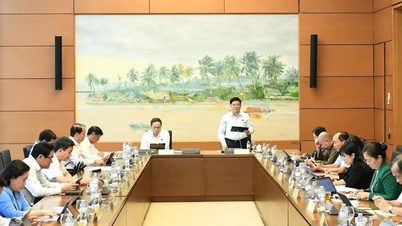
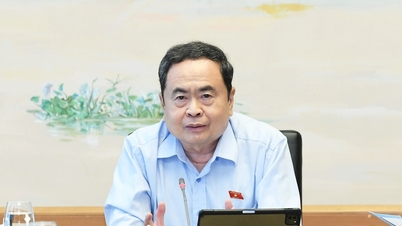
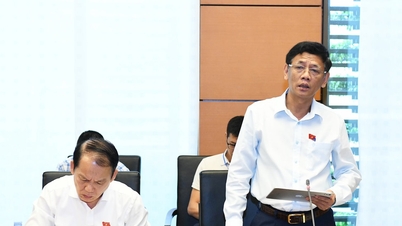
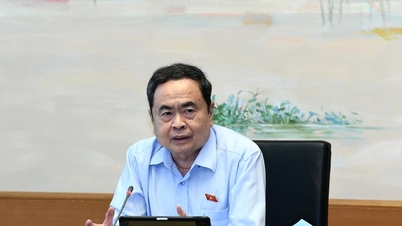
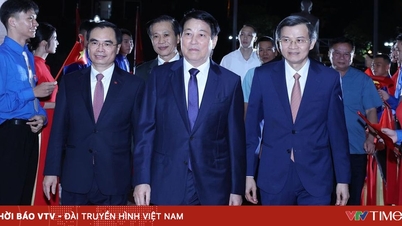

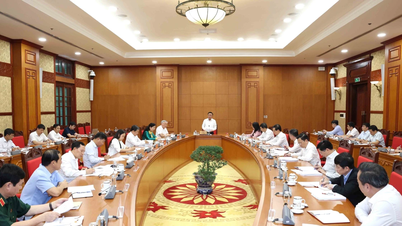

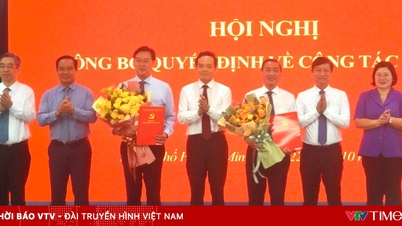

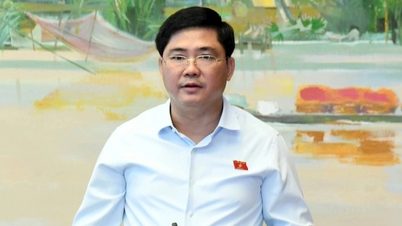

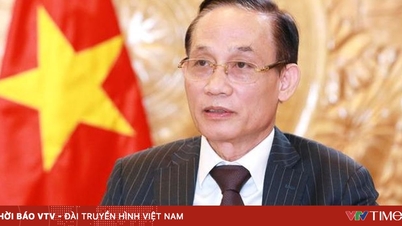




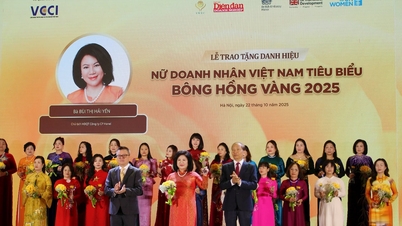
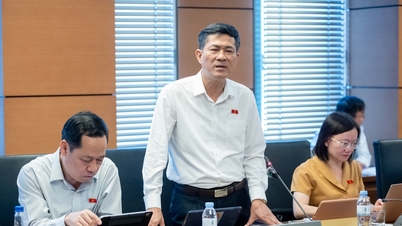
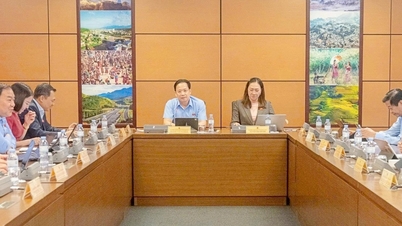
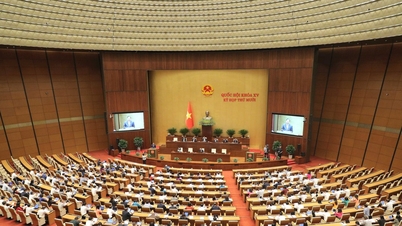
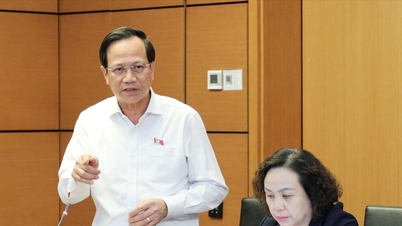
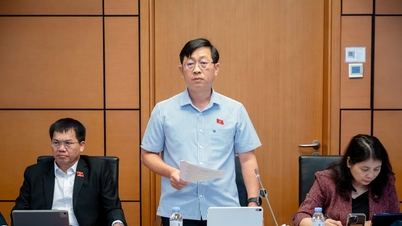





































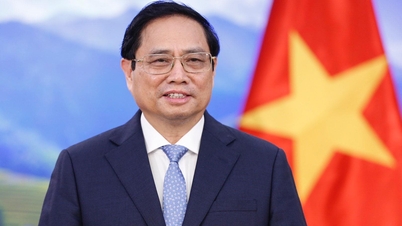

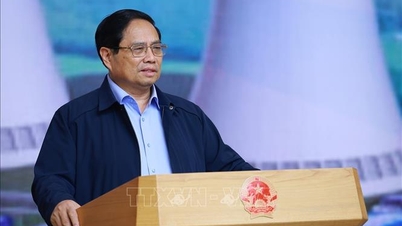
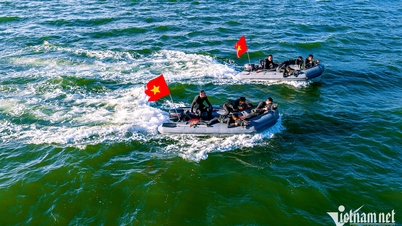



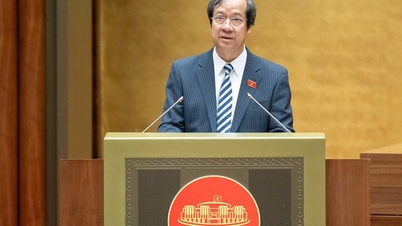

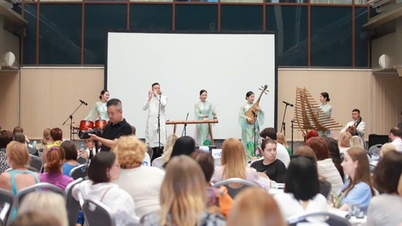
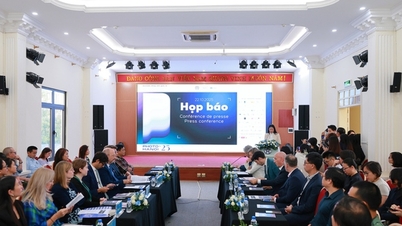
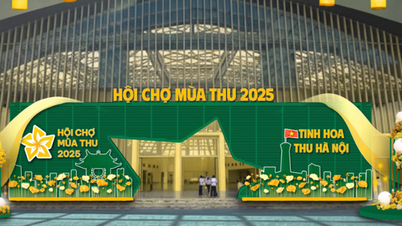
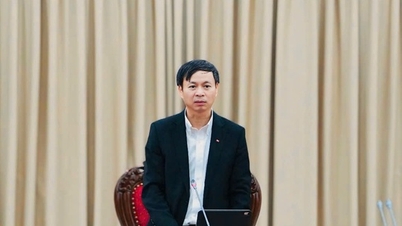

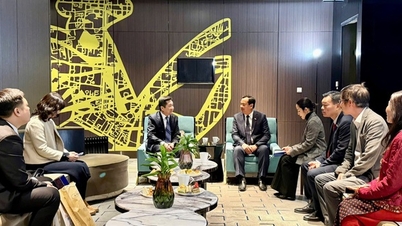


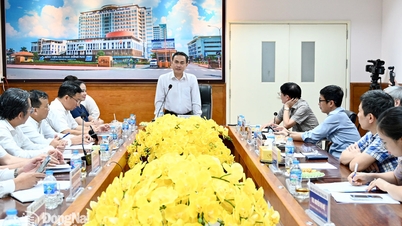




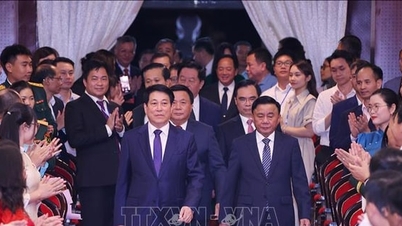

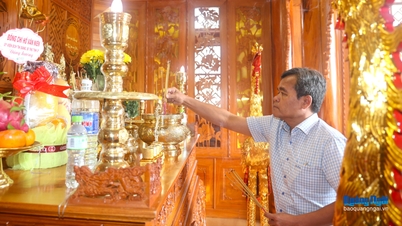














Comment (0)